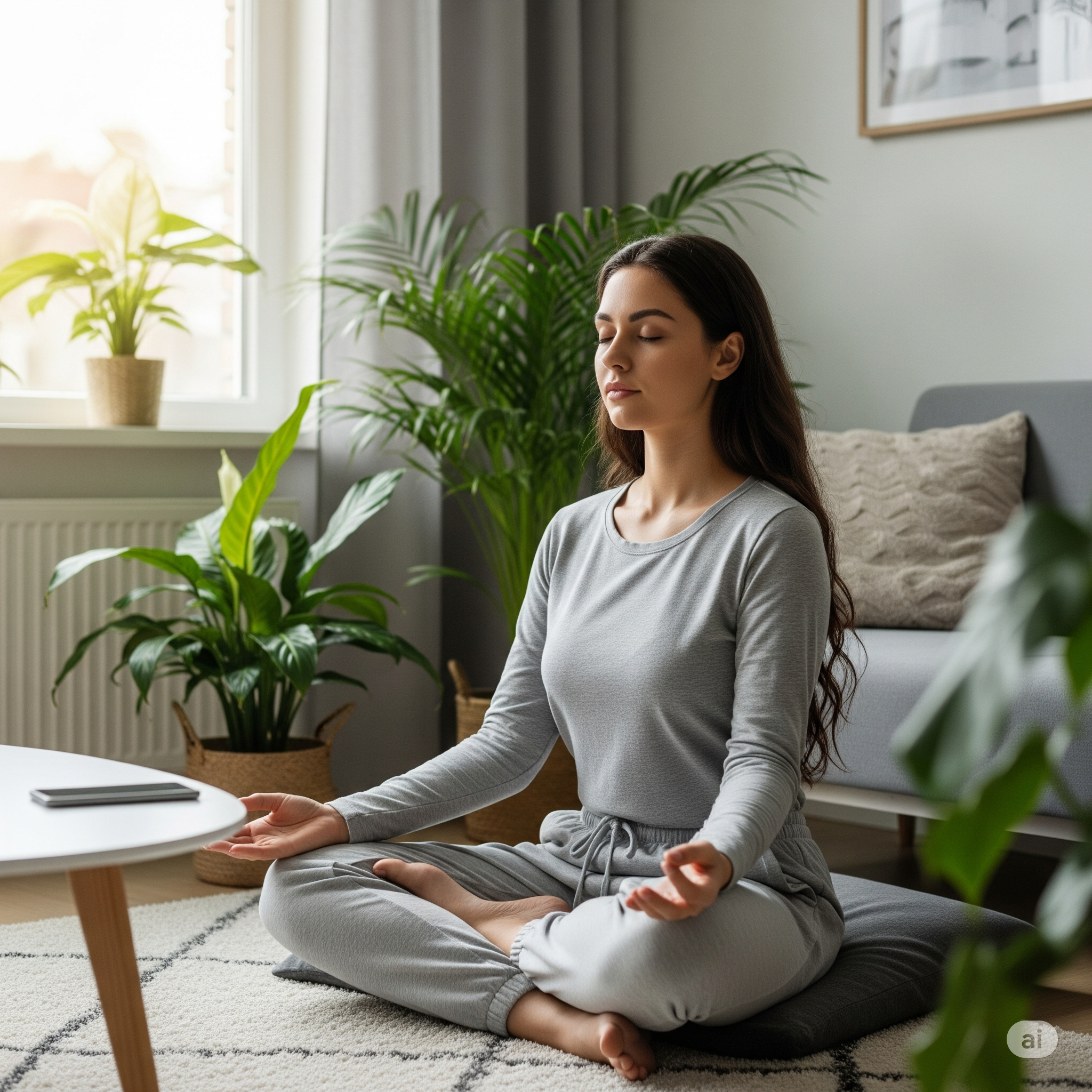
“Worried your relationship might be toxic? Learn the key signs of an unhealthy relationship and what to do if you recognize them in your partnership.” These signs contribute to making your relationship unhealthy.

Introduction
You know that gut feeling when something just doesn’t feel right in your relationship? Maybe your partner’s jokes leave you feeling hurt, or you find yourself making excuses for their behavior to your friends.
Healthy relationships should make you feel respected, supported, and safe, not anxious, drained, or controlled. But toxic patterns often start small, making them easy to overlook until you’re deep in a cycle that’s hard to break.
If you’ve ever wondered, “Is this normal?”, this guide is for you. Let’s break down the most common signs of an unhealthy relationship, why they happen, and what you can do about them.
What Makes a Relationship Unhealthy? (Featured Snippet)
An unhealthy relationship is one where one or both partners consistently feel:
✔ Disrespected (dismissed, mocked, or belittled)
✔ Controlled (isolated, manipulated, or monitored)
✔ Unsafe (physically or emotionally threatened)
Key signs of an unhealthy relationship include:
- Walking on eggshells (Fear of their reactions)
- Isolation from friends & family
- Gaslighting & emotional manipulation
- Explosive anger over small issues
- Love that feels conditional
If any of these feel familiar, it’s time to take a closer look.

H2: Signs of an Unhealthy Relationship
H3: 1. You Feel Like You’re Walking on Eggshells
What It Looks Like: Fiverr
- You avoid certain topics to prevent arguments.
- You overthink texts before sending them.
- You feel relief when they’re not around.
Why It’s Toxic:
A healthy relationship should feel safe, not like a minefield. If you’re constantly anxious about their reactions, that’s a red flag.
Action Step:
Keep a private journal for a week. Note:
✔ How often you censor yourself
✔ Physical reactions (knots in your stomach, headaches)

H3: 2. They Isolate You from Loved Ones
Red Flags:
- “Your friends don’t like me, so why hang out with them?”
- Making you feel guilty for spending time with family.
- Discouraging you from social events.
Why It’s Dangerous:
Isolation is a control tactic. The fewer people you have to confide in, the harder it is to leave.
What to Do:
Reconnect with at least one trusted friend, even if it’s just a quick coffee date.
H3: 3. They Gaslight You
Common Gaslighting Phrases:
- “You’re overreacting.”
- “That never happened.”
- “You’re too sensitive.”
Real-Life Example:
“My ex would cancel plans last-minute, then insist I ‘never told him’ about them. I started doubting my own memory.”
How to Respond:
✔ Keep a record of conversations (where legal).
✔ Confide in someone objective.
(Continue with 2 more H3 sections…)
H2: Why Do People Stay in Unhealthy Relationships?
- Trauma bonding (Addiction to intermittent “good times”)
- Fear of being alone
- Financial dependence
Internal Link: “How to Leave a Toxic Relationship Safely”
H2: What to Do If You Recognize These Signs
If You Want to Fix It:
- Suggest couples therapy (link to “How to Find a Relationship Counselor”).
- Set non-negotiable boundaries.
If You Need to Leave:
- Contact the National Domestic Violence Hotline.
- Pack a “go bag” with essentials.
Call-to-Action:
“If these signs feel familiar, talk to someone today. Share this with a friend—you might help them see what they can’t yet admit.”







